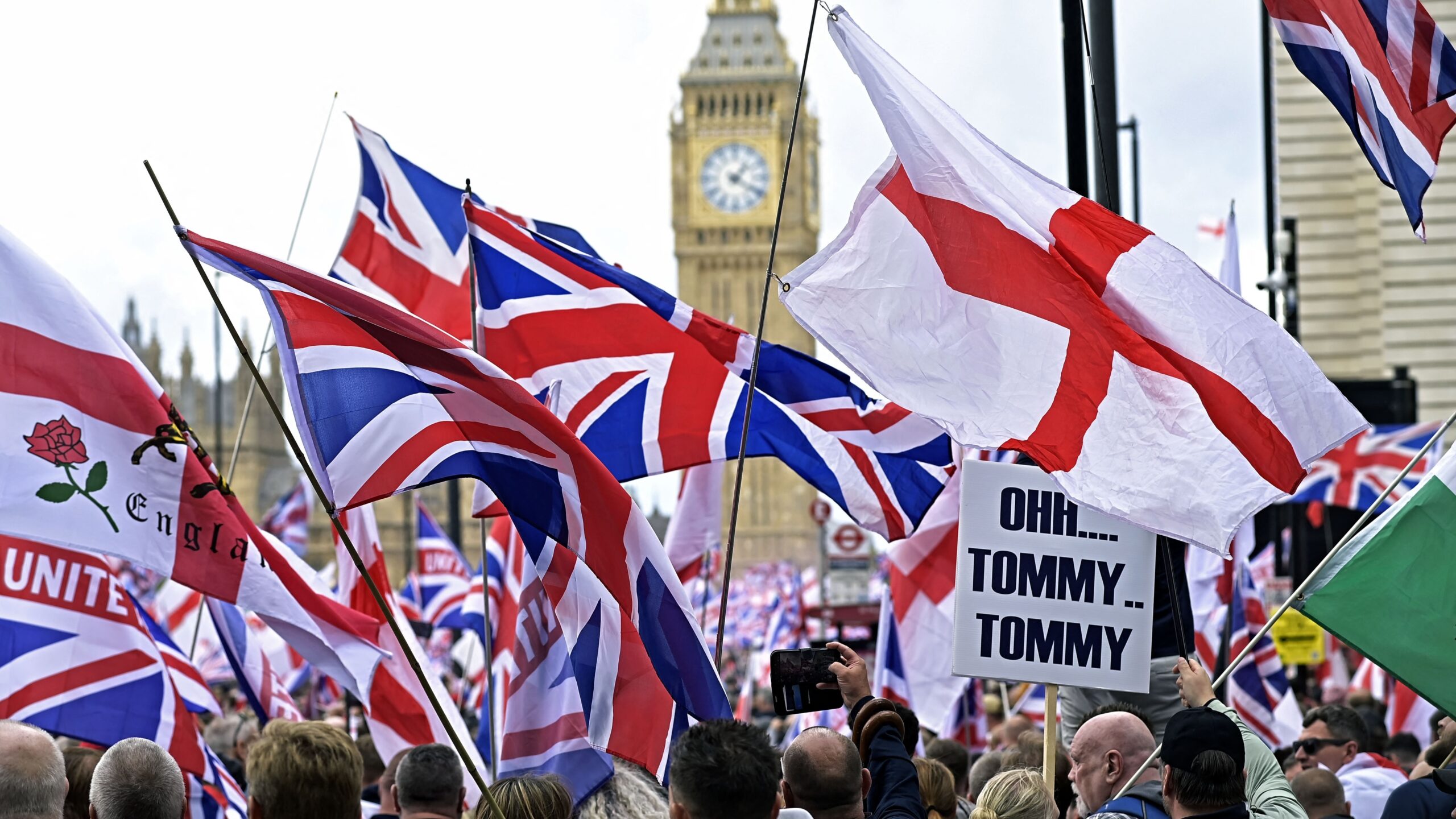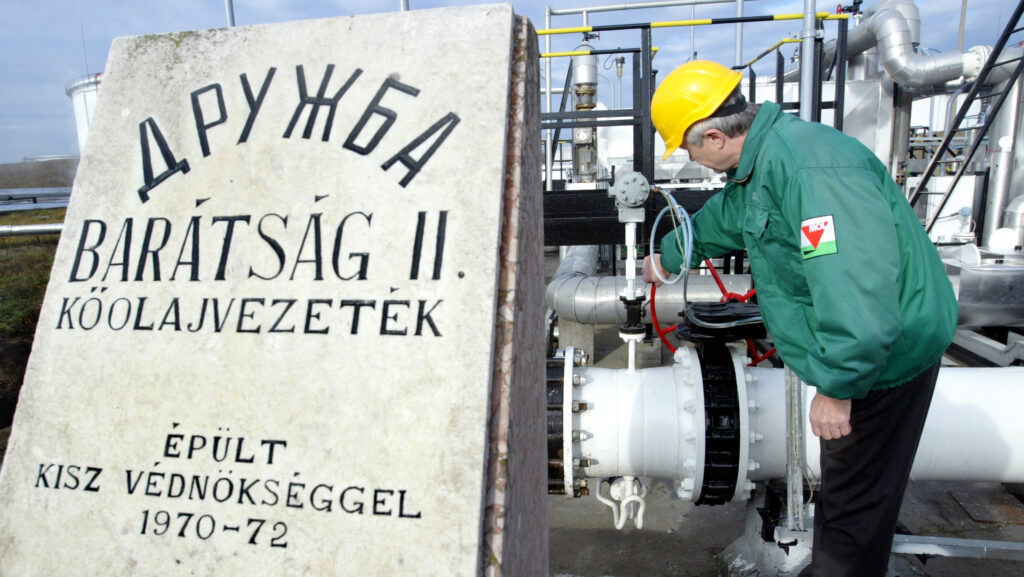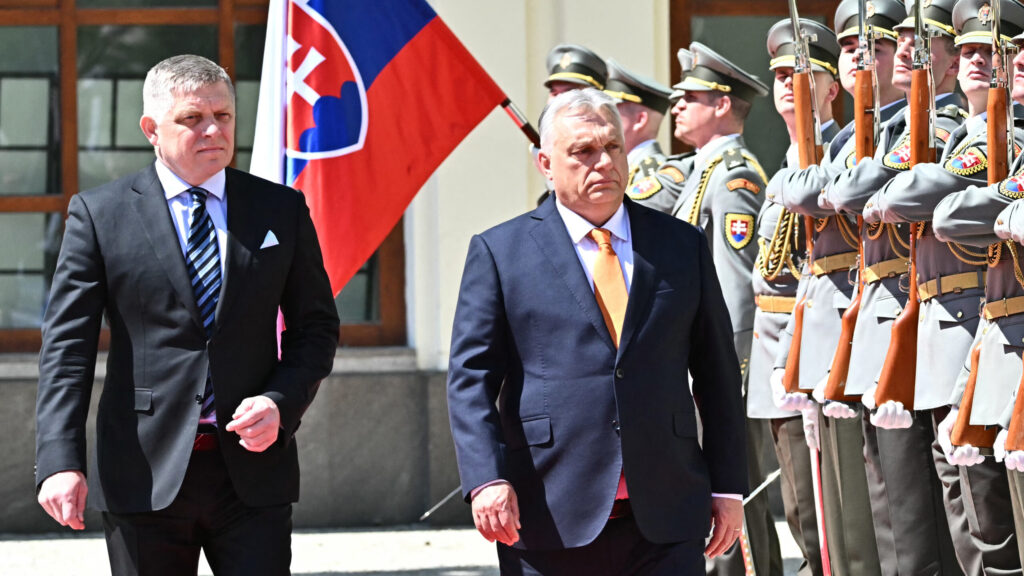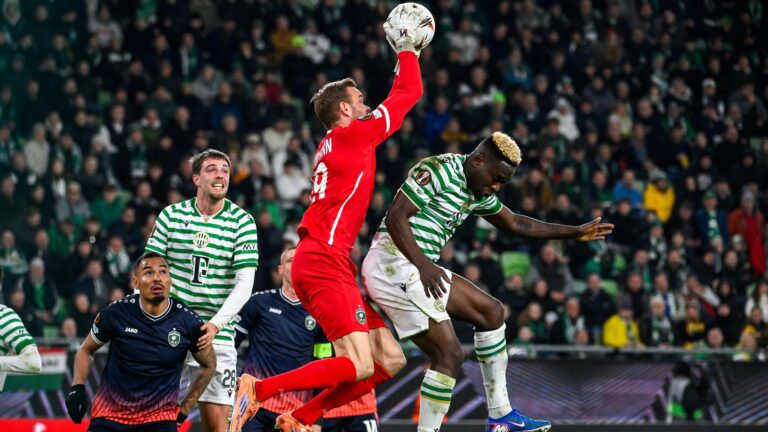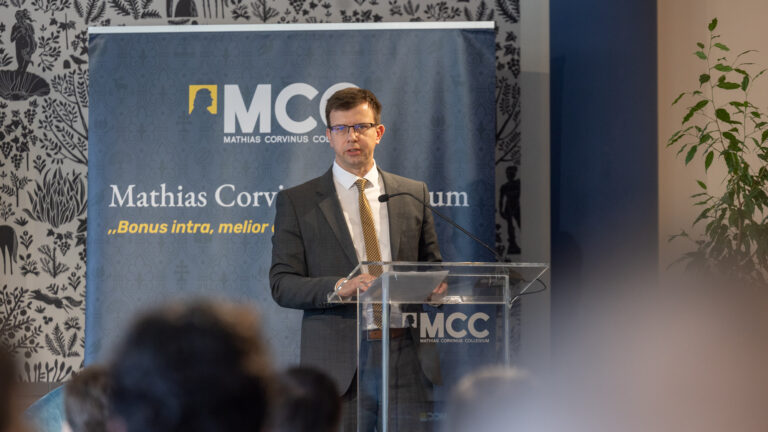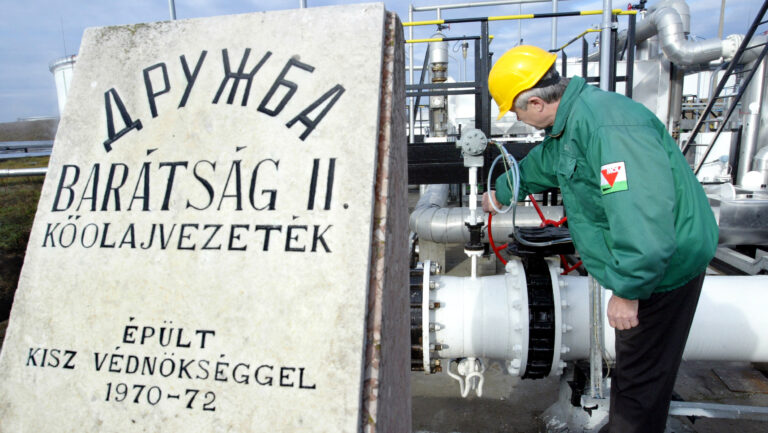The huge ‘Unite the Kingdom’ march through central London last month in protest against the British government’s asylum and immigration policies is the start of a ‘counter-revolution’.
That is according to its figurehead, the former leader of the now-defunct English Defence League, Tommy Robinson. The scale of the march left London’s police underprepared. But its political impact has shifted the migration debate dramatically.
The event suggests parallels with Viktor Orbán’s ‘national Christian conservative’ movement, which regularly mobilizes hundreds of thousands of supporters onto the streets to back his sovereigntist vision. The coming 23 October commemorations of the 1956 Revolution in Budapest will again indicate with flying Hungarian flags how Fidesz successfully combines the memory of a historic event while responding to the political moment.
Last year’s launch of the Patriots for Europe group as a major political force in the European Parliament also underlines that the pan-European affiliation of such movements is growing in strength. It therefore comes as no surprise that well-known advocates on the right of Europe’s political stage also appeared on the London platform at the Robinson march.
‘Last year’s launch of the Patriots for Europe group…underlines that the pan-European affiliation of such movements is growing in strength’
The rally, which took place on 13 September 2025, drew at least 150,000 people, with organizers saying it was one of the largest nationalist protests in decades. They claimed the number of attendees was several million. The event was also livestreamed by Robinson on X. His estimate of a massive online following, with over 2.9 million viewers at its peak, carries greater plausibility. At the same time, social influencer and former tabloid journalist Dan Wootton said he alone had a further 1 million viewers for his live broadcast from Whitehall.
These numbers are not easily ignored in Westminster, where the truth is dawning on the main parties represented there that none of the levers they usually pull to control the public narrative on migration are working. Robinson’s rally may have been met with a counter-protest in Trafalgar Square by the group ‘Stand Up To Racism’, but this attracted somewhere in the region of 5,000 demonstrators. As a measure of who can pull a crowd on the issue of border control, it is clear which side is winning.
Throughout England’s summer, smaller gatherings of concerned groups have staged protests outside migrant hotels, often when details emerge from police of migrant men under arrest on suspicion of sexual assault, stalking and worse. These protests have been fronted by older women, mothers and concerned fathers; none of them are obvious ‘far-right agitators’. Their demand that the streets be made safe for their daughters has succeeded in getting through to the wider public.
Throughout Britain, St George crosses have been painted by sympathetic supporters on car roundabouts, walls and road zebra crossings. Lampposts have the flag of England’s patron saint tied to them, and in many working-class housing estates in the north of England—including districts once thought of as the Labour party’s electoral heartland—the skyline is dominated by St George pennants. Robinson’s ‘Unite the Kingdom’ protest has to be seen as the culmination of months of such actions, except with a focus of anger at the political system, especially the deeply unpopular Labour government.
With the weight of sheer numbers behind him, Tommy Robinson told his rally of English patriots from a platform in Whitehall: ‘There has been a globalist revolution. They have attacked the family. They’ve attacked Christianity. They’ve opened the borders. They’ve flooded our nations. We are the start of a counter-revolution.’
Robinson’s ‘counter revolution’ on the march through Britain’s capital was marked not just by tens of thousands carrying flags of the Union, the St George’s cross of England, the Scottish Saltire and the Welsh dragon. Strikingly, many people also carried banners with Bible verses, images of icons of Christ, the yellow and white pennant of the Vatican, or they raised high, large wooden crosses.
The Christian element evident in the crowd was matched in the opening part of the programme, from the platform in Whitehall. There was a gospel band with black singers on the stage, followed by prayers, declarations that ‘Christ is King’, then a Maori ‘haka’ dance led by a church leader from New Zealand. Pentecostalist Brian Tamaki asserted this was a declaration of Christian victory over the forces of radical Islam, and he ordered the shredding of Islamic flags as he did so.
The ‘praise and worship’ was the warm-up to the speeches that followed. Politicians from a wide spectrum of Europe’s nationalist Right who addressed the crowd included the cancelled Romanian presidential candidate George Simion of the AUR, who urged respect for ‘God, faith, family, homeland’, whilst mentioning Hungary in a non-pejorative way. Former French presidential candidate Eric Zemmour of Reconquête noted that the ‘English are revolting’. Dutch Catholic Eva Vlaardingerbroek rehearsed themes she had spoken about before in Britain.
Also exciting the crowd were Polish Law and Justice MEP Dominik Tarczyński, MEP of Germany’s AfD Petr Bystron, MEP of the Belgian Vlaams Belang Filip Dewinter, and leader of the Danish People’s Party Morten Messerschmidt.
But it is not just in crowd numbers or European political associates that Robinson’s rally should be measured. In the political aftermath—and with the sustained lead in the opinion polls of Nigel Farage’s Reform party—Sir Keir Starmer’s Labour government has rolled out a series of border measures. But they have done so like a hunted, slow-moving plane throwing out chaff at incoming fire. The proposals include new settlement rules for refugees and work visas for regular migrants.
‘If approved by Parliament, refugees will no longer automatically have the right to remain in Britain’
If approved by Parliament, refugees will no longer automatically have the right to remain in Britain. They will also lose the automatic right to bring their families to the UK. The Border Security, Asylum and Immigration Bill is intended by Labour to strengthen border security, tackle organized immigration crime and reform the asylum system. The bill includes provisions that empower a minister to use expanded detention powers, whilst deportation orders for failed applicants are drawn up.
Kemi Badenoch’s beleaguered Conservative party has also joined the political auction, ‘bidding up’ to watching voters at their annual conference, with their own plans to get tough with migrant numbers. So far, neither Labour nor Tory plans have got ahead of the public mood, and the polling numbers so far reflect this. Whilst Robinson’s nascent UK Patriots to the right of them have no cogent plan for political power, it is to the Reform Party that the electoral spoils beckon.
Related articles:

